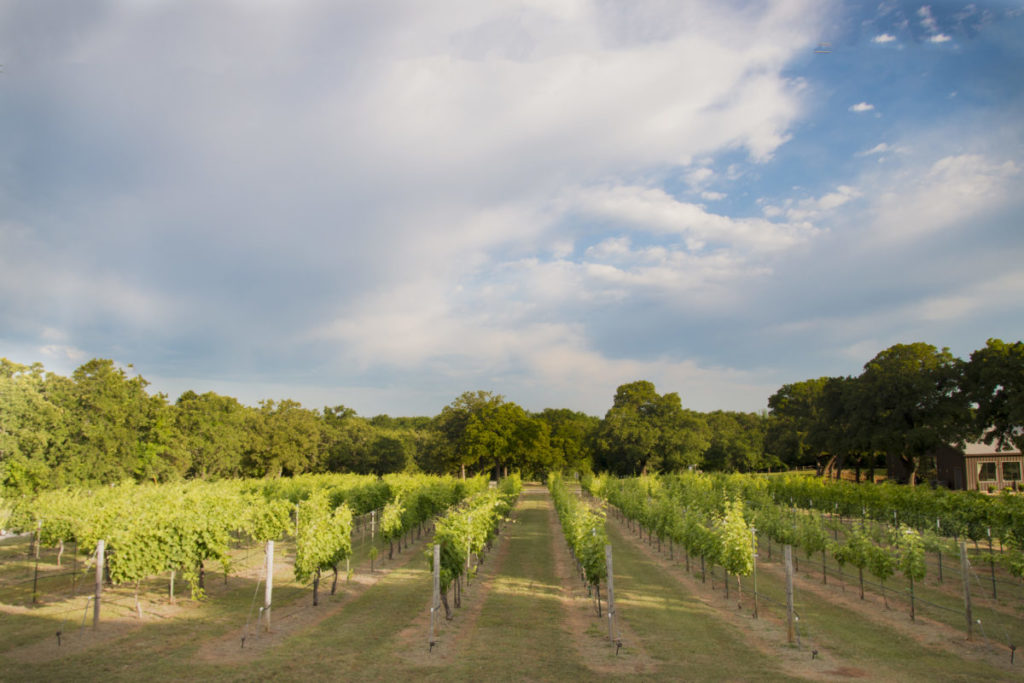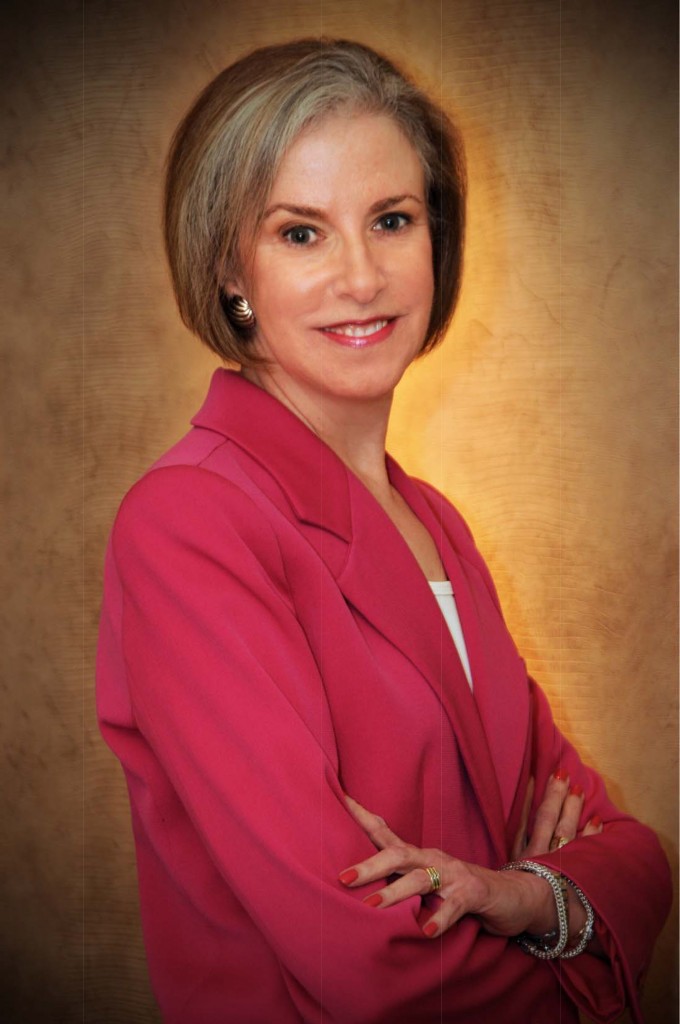
The Texas wine business is rapidly growing, and with that growth, there are real estate opportunities; Eliza Solender of Solender/Hall explains why.
Like a lot of people, I enjoy a great glass of wine, and I am always intrigued by the story of the individuals who made the wine.
Visiting wineries in Napa and in foreign countries has given me an appreciation for the cost and complexity of such ventures. However, I had no real understanding of the business until I joined the advisory board of Lost Oak Winery located in Burleson, Texas, just south of Fort Worth. Nor did I have an appreciation for the variety of real estate decisions integral to the wine business.
The number of wineries is growing in Texas.
According to the Texas Wine and Grape Growers Association, there are more than 540 wineries in Texas. In 2009, there were only 188. Wineries are not located in just one area of Texas. Most people interested in Texas wines mistakenly believe Fredericksburg is the primary location for grape growing and wineries. In reality, wineries are located all over the state, and most grapes are grown in West Texas.
Below is a quick overview of the business primarily from a real estate perspective. I hope it inspires you to go into the business, assist wineries with their various real estate decisions, or just gain an interest in Texas wines.
AGRICULTURE LAND
Most Texas wines come from grapes grown in the “High Plains” area near Lubbock and Amarillo. The area has approximately 4,000 acres of vineyards with an elevation averaging 3,500 feet. It has higher elevation and cooler nights than many areas of Texas, making it ideal for growing grapes.
The area can produce a wide range of grape varieties in large quantities. Some of the more popular varietals include Cabernet Sauvignon, Chardonnay, Merlot, Tempranillo, Syrah, Sangiovese, and Viognier.
To give some perspective, Lost Oak produces more than 10,000 cases of wine a year. They obtain most of their grapes from High Plains growers where they have established strong relationships over the years.
In Burleson, they have 54 acres of which about three acres are devoted to growing grapes. In addition, they lease land nearby for growing grapes.
An interesting fact I learned: One acre of land averages five tons of grapes, which can yield more than 4,000 bottles of wine (335 cases or 20,000 glasses of wine). That’s a lot of wine for one acre.
As an agriculture business, Texas grape growers are subject to endless weather-related issues along with disease and “chemical drift” that can destroy or substantially impact the quantity and quality of their grapes. It is a very complicated business that involves farm labor, machinery, chemistry, trucking, storage, and of course, the purchase or lease of land.
WAREHOUSE/INDUSTRIAL
After the grapes are picked, they must be crushed, de-stemmed, and the juice stored in fermentation tanks as soon as possible. That means that warehouse processing and storage is required.
Lost Oak must negotiate warehouse storage agreements in the Brownfield area near Lubbock and in Stonewall/Fredericksburg. In addition, the winery has a large warehouse operation on their property in Burleson that processes grapes and stores fermenting the juice, wine in barrels, bottled wine, and cases of wine.
The investment in the warehouse and all the equipment has been substantial. Many wineries have minimal on-site storage and must lease warehouse space. The space must have powerful air conditioning to keep the wine at a cool temperature.
RETAIL
Larger wineries have tasting rooms on-site, and many have retail tasting rooms in other locations.
Lost Oak has a tasting room and event center in Burleson. In addition, they are in a partnership that owns and operates a tasting room and event center in Fredericksburg called 4.0 Cellars. 4.0 Cellars includes owned and leased land. Plus, they have made considerable capital investments in their buildings.
Fredericksburg has become a major wine enthusiast tourist destination. With new wineries and tasting rooms opening as well as restaurants and hotels, the Fredericksburg real estate business is booming.
Overall, there seems to be a growing trend for wineries to open tasting rooms near restaurants and other retail operations in major Texas cities.
Developers already see opportunities to include tasting rooms in their retail mix. For example, Landon Winery recently opened a tasting room called Landon Winery at The Sound at Billingsley Company’s Cypress Waters development. It has already been so successful that they are looking to expand. This is in addition to their other locations in McKinney, Greenville, and Wylie.
LODGING
There are a few Texas wineries that offer to lodge on their properties. Most are small B&B or inns. However, the wineries in more remote locations see the benefit of providing lodging either on their properties or through agreements with nearby hotels/motels.
In Fredericksburg on weekends, it is difficult to find a hotel room or even an Airbnb accommodation. Hotel development is a high priority. In fact, in Fredericksburg, a new 150-room $76 million resort and conference center is under construction with plans to open in 2020.
OFFICE SPACE
Most wineries have their offices on-site where their major operations are located. However, I would predict that as wineries grow and diversify their locations, they may need to off-site lease office space.
The Texas wine business is rapidly growing, and with that growth, there are real estate opportunities. The next time you buy a bottle of wine, I hope you consider purchasing one from Texas. Use the purchase as a chance to start your wine education and consider how you can be part of the industry.
Eliza Solender is president of Solender/Hall Inc. and serves on the board of directors of Origin Bancorp and as the lead advisory director for Lost Oak Winery.
This article was originally posted in DMagazine Commercial Real Estate | CRE Opinion

